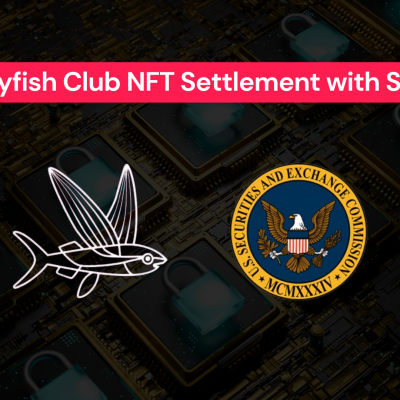Singapore has accepted a proposal to implement a new tax on income generated from trading of all non-fungible tokens (NFTs)
The “nft sales” is a new tax that has been implemented in Singapore. This new tax will be imposed on income generated from NFT transactions.
Those who make money via NFT transactions or trading will be subject to the current income tax laws. Singapore’s income tax laws are already among the most liberal in Asia.
Non-fungible tokens (NFTs) transactions will be taxed according to Singapore’s current income tax standards. According to media sources, the country’s Finance Minister Lawrence Wong warned parliament that revenue obtained from non-fungible token (NFT) transactions or trading will be subject to existing income tax standards.
Individuals receiving capital gains from NFT transactions will not be taxed in Singapore due to the lack of a capital tax framework. Wong went on to explain more in parliament:
“The nature and usage of the NFT will decide the tax treatment.”
The Central Bank of Singapore has said that it would not control the NFT market.
As the Singaporean government attempted to comprehend the emerging scene, it issued public warnings regarding NFTs and the Metaverse. The country’s so-called “Crypto King” was recently chastised for marketing “play-to-earn” games using depreciating local currencies. The Singapore Monetary Authority (MAS) has also prohibited platforms from trading cryptocurrencies, the money used to acquire NFTs, or promoting their services in any way.
Last month, in response to a query in parliament on regulating NFT activities, Singapore’s Central Bank said that it will not regulate the NFT market. The position is comparable to that of South Korea’s tax system. Tharman Shanmugaratnam, Senior Minister and Minister in Charge of the Monetary Authority of Singapore (MAS), has stated:
“MAS cannot and will not control all items or goods in which individuals choose to invest their money. When determining whether a product or activity should be regulated by MAS, we look at the asset’s content. Provided the nature of their underlying assets, such as the few instances given earlier, the MAS does not presently regulate NFTs. Most other major jurisdictions have adopted a similar attitude.”
Consider the asset’s type, purchasing purpose, holding time, and the frequency and volume of comparable transactions.
As per the announcement, the Inland Revenue Authority (IRA) will levy taxes once they establish that an individual is living off trading NFTs, just like they would for income. The IRA will Consider the asset’s type, purchasing purpose, holding time, and the frequency and volume of comparable transactions., financial arrangement to keep the purchased asset for a long time, and reasons for its disposal. Other governments, including the United States and Australia, are already levying taxes on cryptocurrencies and NFT transactions. For example, in Australia, individuals pay taxes from the revenue generated from trading NFTs and when NFTs are used to generate profit. Australia also charges capital gains tax when the asset is disposed of. In the United States, the IRA treats cryptocurrencies as property for tax purposes, while capital gains or losses must be accounted for when digital currency is sold for real currency.
Frequently Asked Questions
Is NFT taxable Singapore?
A: Not yet, but it will be soon.
What type of income is taxable in Singapore?
A: Income that is subject to tax by the government of Singapore includes salaries, wages, commissions, bonuses and fees.




